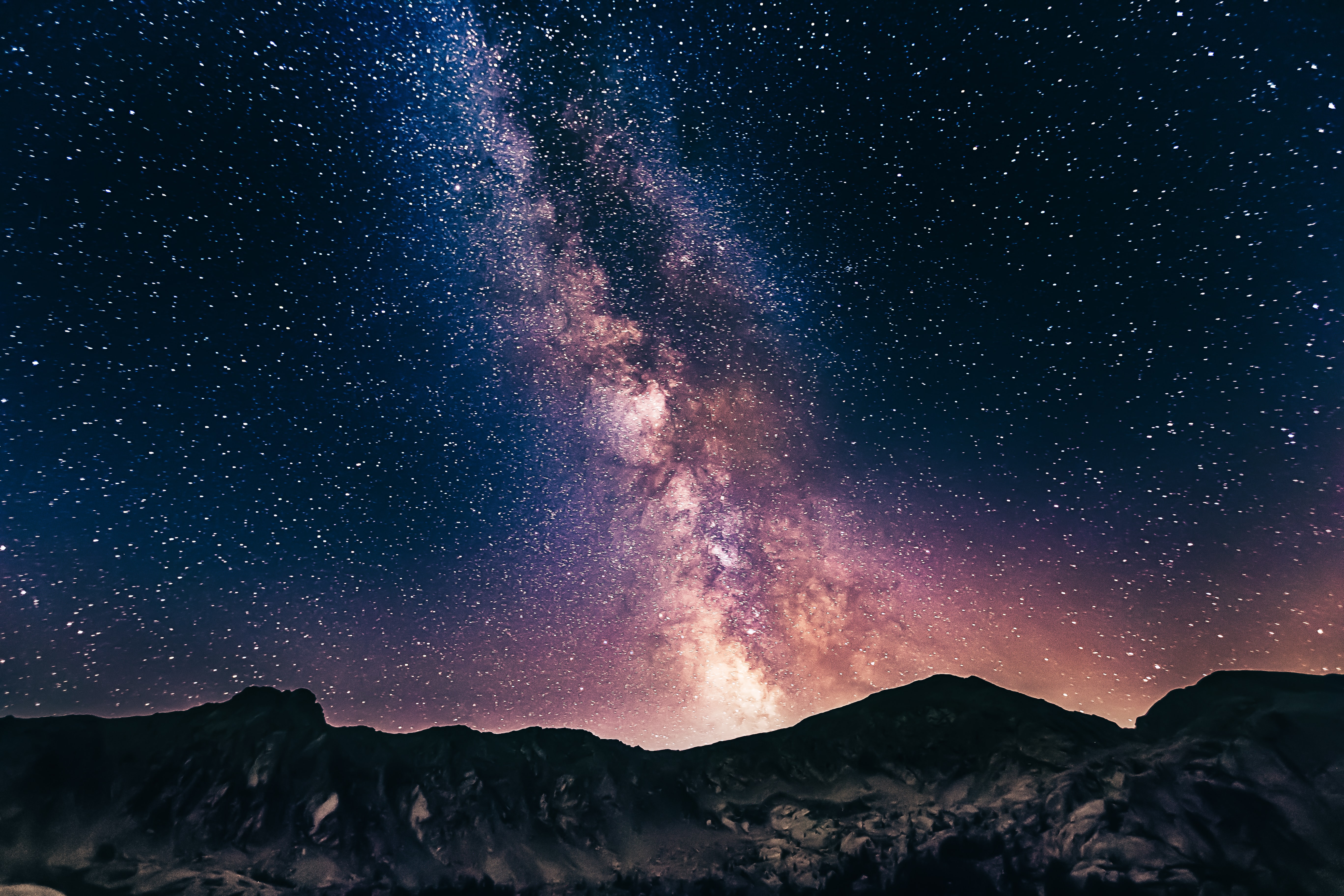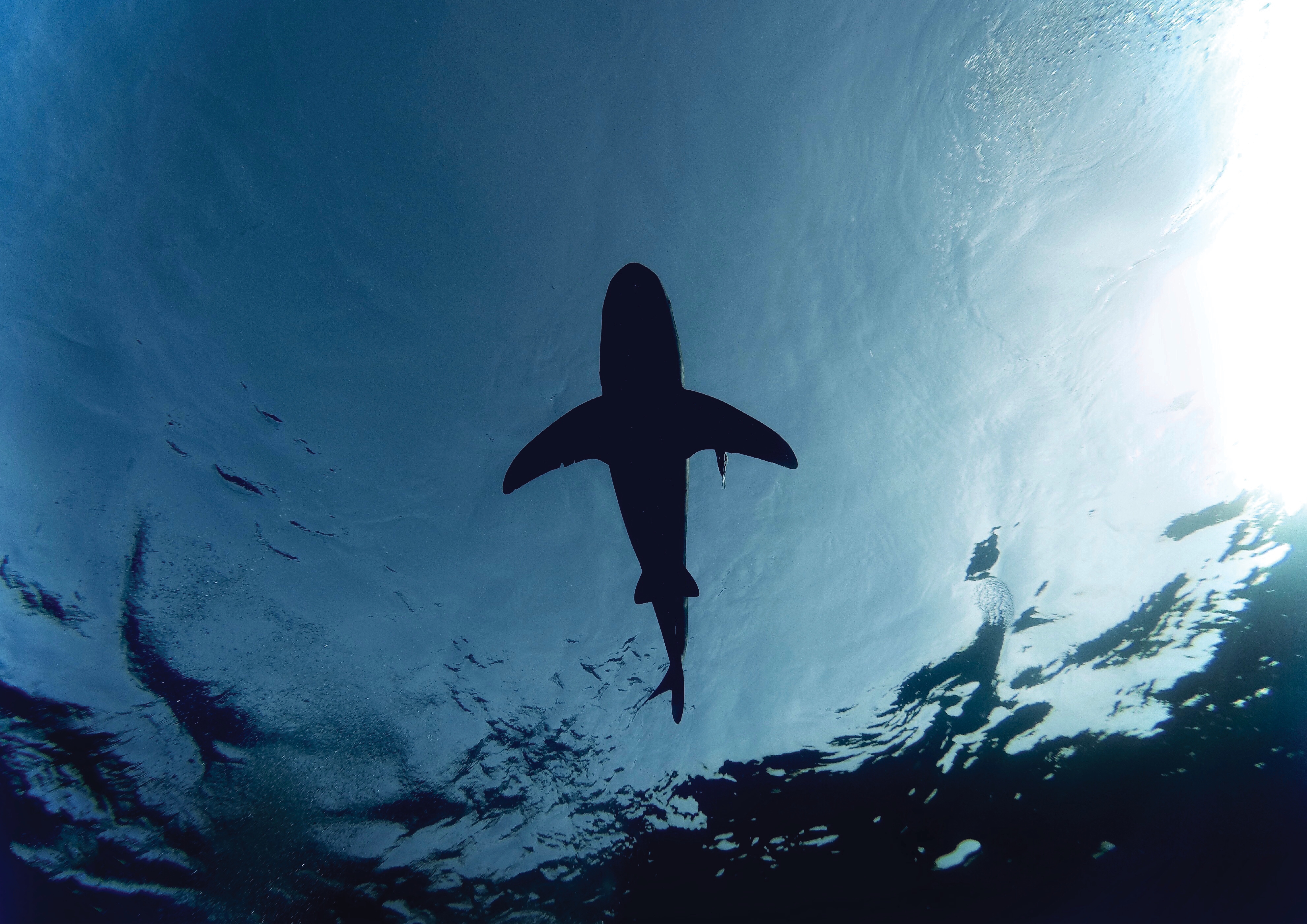
Lent Reflection 2020:Water
‘And God said, “Let there be a vault between the waters to separate water from water.” So God made the vault and separated the water under the vault from the water above it. And it was so. God called the vault “sky.” And there was evening, and there was morning—the second day.’
~Genesis 1: 6-8
Alongside light, water is an essential element of life. Water is another powerful symbol in the Bible. Biblical writers lived with an immediate connection with water – they were intensely aware of how precious water was, and of the ever-present threat of it running out. Reliance on God’s provision for water enabled them to see God’s provision in other ways.
The first time we encounter water in Jesus’ time on earth is his baptism. Jesus is baptised by John in the River Jordan, a river that represents freedom – the sign that God’s promises are being fulfilled. Baptism with water is an important symbol in the Christian faith, but Jesus will baptise with something more powerful than water – with the Holy Spirit.
‘Whoever drinks the water I give them will never thirst. Indeed, the water I give them will become in them a spring of water welling up to eternal life.’
~John 4:14
While we may not know the physical experience of real thirst, Psalm 63 lets us imagine what that would feel like: ‘You God are my God, earnestly I seek you; I thirst for you, my whole being longs for you, in a dry and parched land where there is no water.’
‘… Water is sacred. It may come from the municipality, but they merely clean it and deliver it. Water is a free gift from God.’
~Revd. Rachel Mash,
Canon for the Environment at the Anglican Church of Southern Africa
Lack of access to clean water is one of the biggest issues facing the human population. Poor quality water supplies and inadequate sanitation facilities are a lethal combination for millions of people around the world.
60% of the world’s population, or 4.5 billion people, live in areas of water stress, where the amount of water available cannot meet the demand in a sustainable way, and our demand for water is only increasing.
When a flood hits, there is an immediate potential of loss of life. But the damage goes beyond that. Homes and businesses are often devastated, and there can be longer-term plights as crops and livestock are destroyed. Food becomes scarce and diseases start to spread, and any savings poor households have managed to make are spent in the aftermath of a flood, making families more vulnerable to a future disaster. When livelihoods are ruined, it can take years to build them up again. Infrastructure such as roads, bridges, schools and health centres can also take years to restore.
Let’s get practical:
- To become more conscious of how you use water, why not try reducing your shower time, turning off the tap when you brush your teeth, only using the dishwasher and washing machine when they’re full?
- We could also take practical action in our own areas – by finding local initiatives that look after our rivers and canals, perhaps starting a clean-up in our local areas.
- We could try to use fewer chemicals, swapping things like toilet cleaner and toothpaste for environmentally friendly options.
- We also must be aware of what we consume. A pair of cotton jeans uses 9,500 litres of water to produce, and a beef burger uses about 1,000 litres of water. Awareness of where we spend our money and the unintended consequences of our decisions is an important step towards making a difference.
Water is the source of life, both metaphorically and literally. We believe in a God of the practical, and our approach to water is not as thoughtful and sustainable as it could be, which should make us wonder – what might God be asking of us?
_RGB_AW.png?width=273&height=130&name=TF_Global_Logo_(Ireland)_RGB_AW.png)
